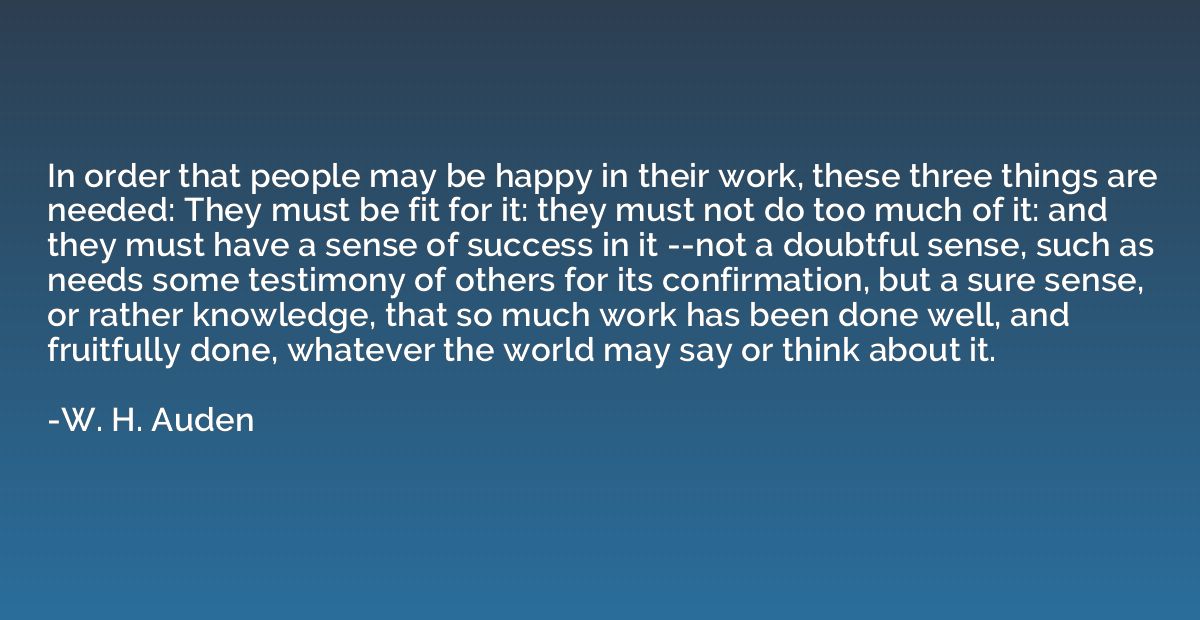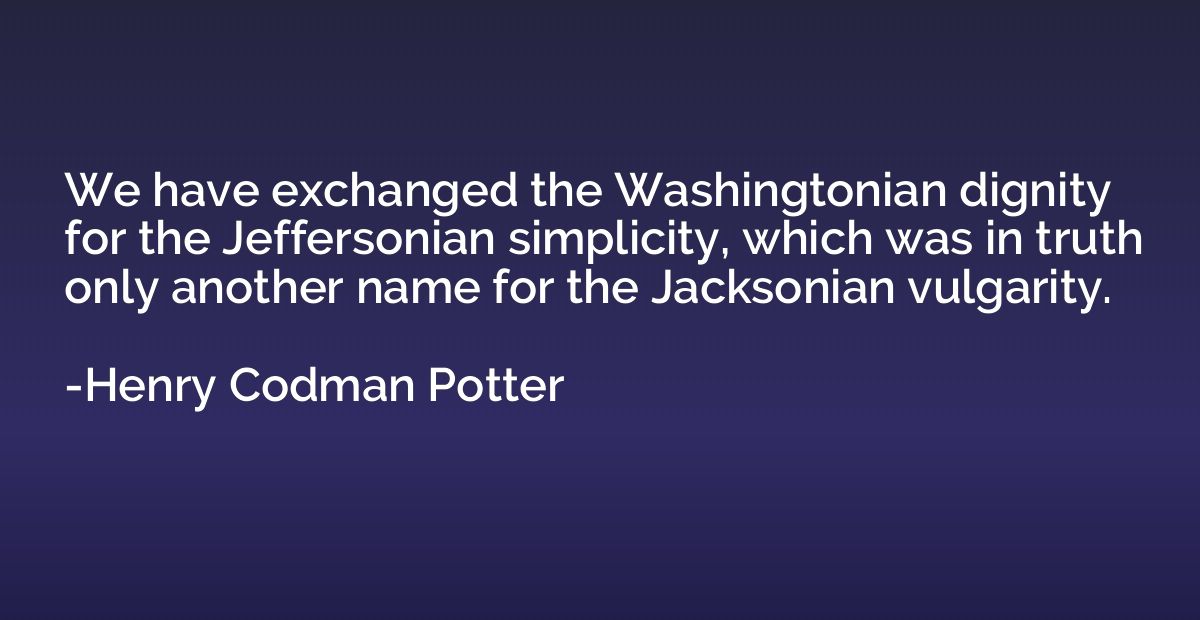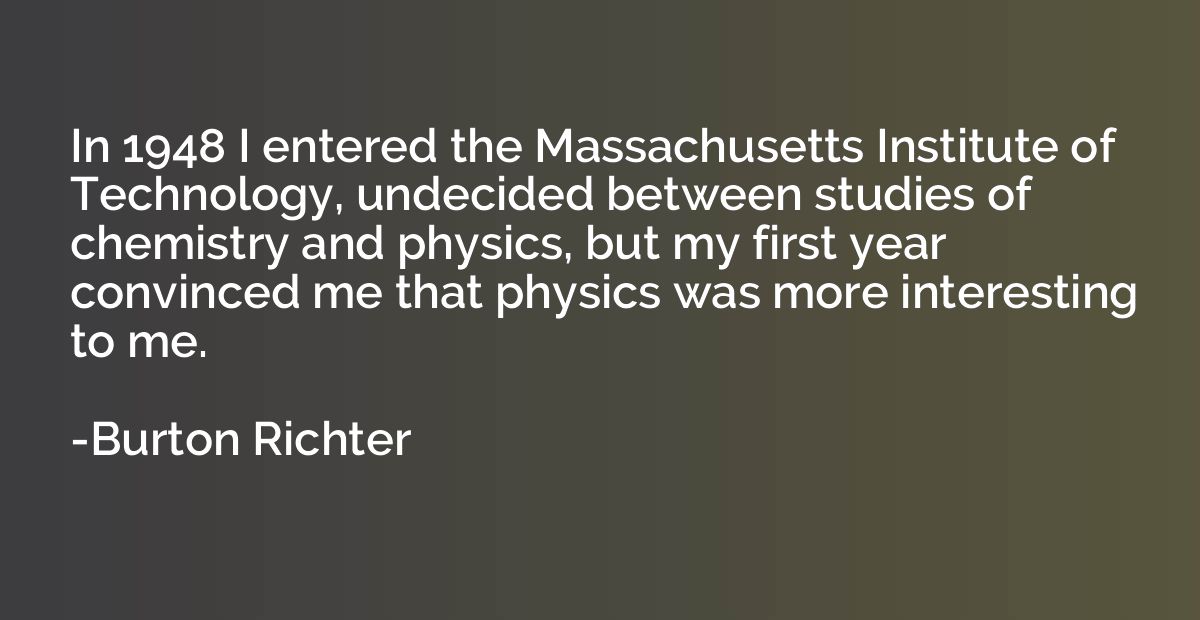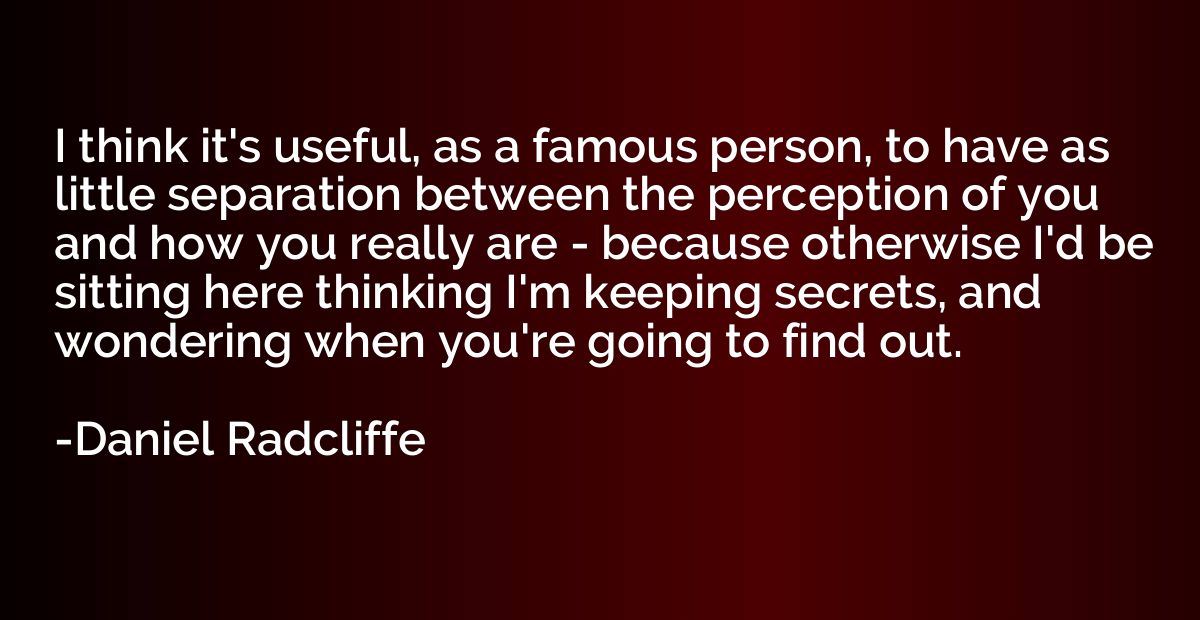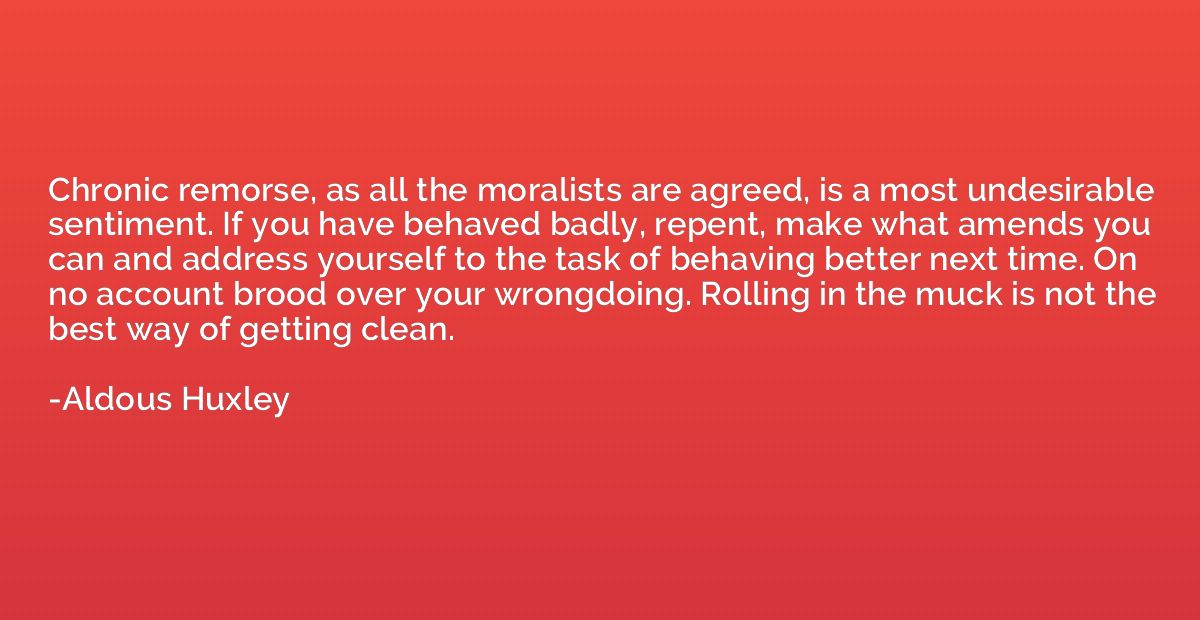Quote by Leo Tolstoy
A Frenchman is self-assured because he regards himself personally both in mind and body as irresistibly attractive to men and women. An Englishman is self-assured as being a citizen of the best-organized state in the world and therefore, as an Englishman, always knows what he should do and knows that all he does as an Englishman is undoubtedly correct. An Italian is self-assured because he is excitable and easily forgets himself and other people. A Russian is self-assured just because he knows nothing and does not want to know anything, since he does not believe that anything can be known. The German's self-assurance is worst of all, stronger and more repulsive than any other, because he imagines that he knows the truth -- science -- which he himself has invented but which is for him the absolute truth.
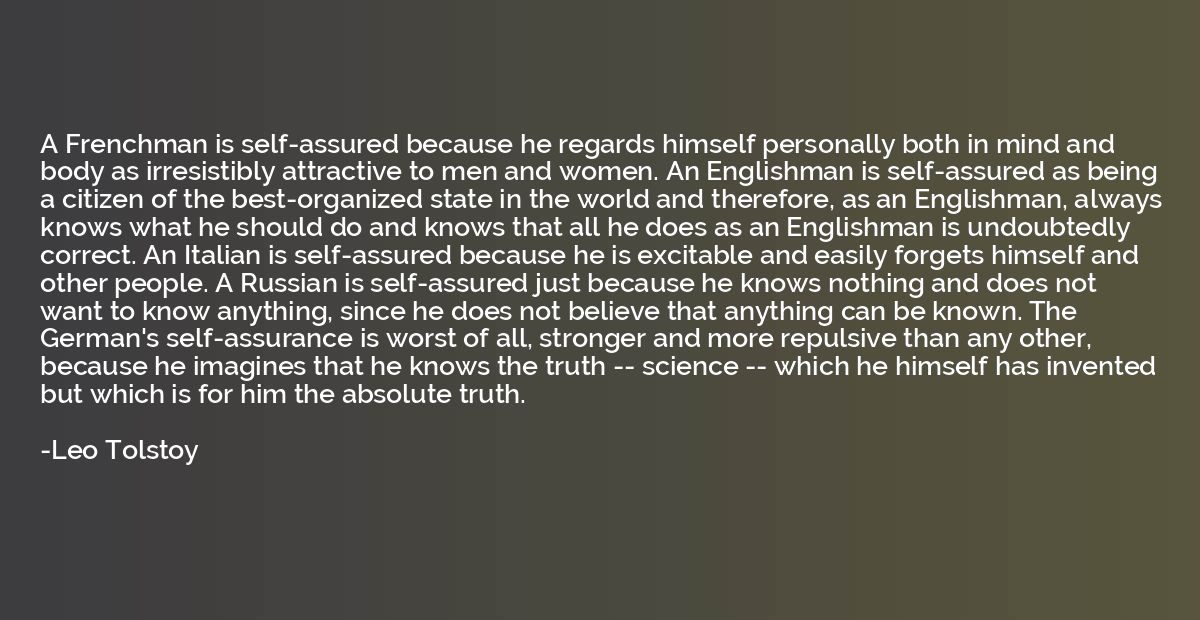
Summary
This quote, attributed to Fyodor Dostoevsky, presents a characterization of national stereotypes and the related sources of self-assurance. It suggests that a Frenchman derives confidence from perceived personal attractiveness, an Englishman from being part of a well-organized state, an Italian from being passionate and forgetful, a Russian from their lack of knowledge, and a German from their belief in scientific truth. The quote emphasizes the different facets of confidence in various cultures, shedding light on potential national differences in self-perception and sources of assurance.
Topics
Apathy
By Leo Tolstoy





